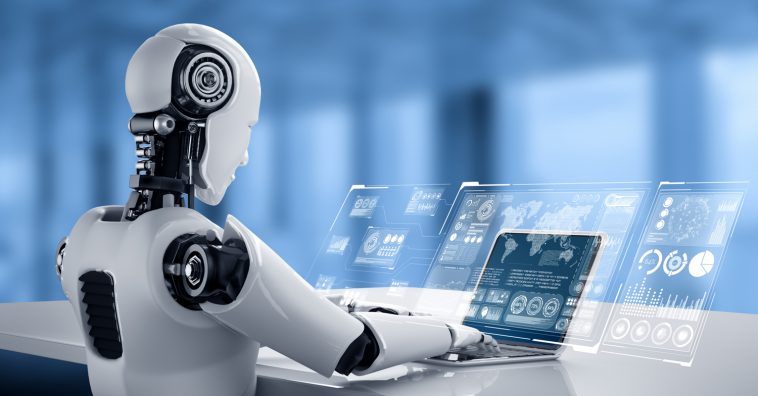As artificial intelligence (AI) quickly progresses, the ethical implications for the human race become an increasing subject of debate. AI has evolved over the years from a mere science fiction concept to a potentially powerful reality that could enable machines to make decisions with or without human input or understanding.
This is understandably concerning for many people as automation continues to push people out of jobs and explores new ways of potentially replacing people with machines.
Ethics are often studied in a variety of different subjects, from independent research to the application of ethical principles to everyday practice. AI is a technology that requires ethical considerations as well.
The ethical implications of AI for the human race go beyond merely jobs, however. It is not just about economic implications but also the power that AI gives machines to process data and make decisions that can have serious social and political implications.
The way in which AI is developed and programmed is the very foundation of ethical AI. Questions must be asked related to: the social philosophy of AI; the training data and hindsight used to create and refine AI algorithms; the understanding of algorithms and the ways in which they ‘think;’ and the impact on the labor market, public policy, financial investments, and economic growth, among other aspects.
These as well as other ethical considerations must take into account the fact that there is a human side to AI, which requires a deeper understanding rather than single-mindedness in terms of what the technology can do. This can help the development team create an AI system that is critical but not authoritarian, autonomous but not oppressive, and adaptive but not overreaching.
The ethical implications of AI technologies extend far beyond the acceleration of job destruction. As AI becomes increasingly sophisticated, more decisions made by machines and algorithms are subject to ethical scrutiny. Autonomous vehicles, for instance, require ethical considerations, particularly when accidents might occur. AI and facial recognition technology raise ethical concerns related to privacy and data protection in general. Furthermore, AI technology is used in health care and healthcare-related areas such as Alzheimer’s research and cancer diagnosis, posing ethical dilemmas about the balance between accuracy, safety, and effectiveness.
AI ethics are also important when it comes to matters such as fairness, transparency, and liability – critical areas in which proper rules and regulations should be established. Black-box algorithms and the ‘black-box’ mentality can create a lack of transparency, making it difficult or impossible to determine how a decision was made using the AI logic. Who will be responsible for actions taken by AI-driven companies and machines?
The answer to these questions might have a huge impact on the future, not just of technology but of the very existence of humanity. Being aware, understanding and addressing these ethical dilemmas is an essential step in the development of a secure and fair technology landscape. The development and implementation of AI must come with rules and regulations that are tailored to the specific uses of AI, with the purpose of protecting both the technology and humans alike.
In conclusion, the ethical implications of AI technologies are far-reaching and may have drastic implications for the human race. The development and implementation of ethical AI must consider not just the economic but social, political, and moral implications as well. Through understanding these implications and creating rules and regulations tailored to the specific use of AI, we can develop a secure and fair technology landscape that takes into account the interests of both humanity and machines.




